Discover the top 10 causes of hair loss in the UK and explore personalised Hair Loss Treatment for Men & Women at My Cosmetic Centre. Regain confidence with expert care.
1. Genetics (Androgenetic Alopecia)
Hereditary hair loss—also known as male or female pattern baldness—is the leading cause of hair loss in the UK. Men may notice a receding hairline or bald patches at the crown, while women often experience diffuse thinning along the top of the scalp. This type of hair loss is progressive and permanent if left untreated, but early intervention with treatments like FUE transplants or Minoxidil can significantly slow the process.
2. Hormonal Imbalances
Hormonal fluctuations are a major trigger of hair loss, especially in women. Conditions such as thyroid disorders, menopause, or PCOS (Polycystic Ovary Syndrome) can disrupt the natural hair growth cycle. In men, testosterone imbalances can also lead to thinning. Identifying and addressing these imbalances through blood tests and targeted treatment plans can help restore hair health.
3. Stress and Anxiety
Chronic stress can lead to Telogen Effluvium, a condition where large numbers of hair follicles enter the resting phase, resulting in sudden shedding. This can be triggered by emotional distress, major life changes, illness, or surgery. While usually temporary, stress-induced hair loss can become long-term if not managed. At My Cosmetic Centre, we offer holistic support including PRP therapy and stress management guidance.
Our Clinic is a European Quality Standard
On your first visit to the clinic, you will receive a free consultation with a specialist.
4. Poor Nutrition
A nutrient-deficient diet can weaken hair strands and hinder growth. Essential vitamins and minerals like iron, zinc, vitamin D, biotin, and protein play a vital role in maintaining healthy follicles. Crash dieting or poor eating habits can lead to noticeable hair loss. Our team offers personalised nutritional support to complement your treatment plan and boost regrowth.
5. Medical Conditions
Autoimmune conditions such as alopecia areata, lupus, or scalp psoriasis can attack hair follicles, leading to patchy or widespread loss. These conditions require specialist intervention and long-term management. At My Cosmetic Centre, we work closely with dermatologists and GPs to ensure comprehensive care for patients affected by medically-related hair loss.
6. Medications and Treatments
Several prescription medications can contribute to hair thinning, including chemotherapy drugs, antidepressants, blood pressure medications, and hormone treatments. Hair loss may be temporary or permanent, depending on the medication. If you suspect your medication is the cause, we can consult with your GP and recommend safe and effective hair restoration alternatives.
7. Hair Styling & Chemical Damage
Excessive use of heat tools, tight hairstyles, and harsh chemical treatments (e.g., bleach, relaxers) can cause traction alopecia or breakage. Over time, these habits can damage the hair shaft and weaken follicles. Protective styling and treatments like Low-Level Laser Therapy (LLLT) can help restore strength and stimulate new growth.
8. Environmental Factors
Hair and scalp health are often impacted by pollution, hard water, and climate changes—especially during the dry, cold UK winters. These external aggressors can cause scalp irritation, dryness, and weakened hair strands. We recommend using scalp-friendly products and incorporating treatments like SMP or medical serums to improve resilience.
9. Pregnancy and Postpartum Changes
Many women experience postpartum hair loss due to a sudden drop in oestrogen levels after childbirth. While this condition is generally temporary, it can be emotionally distressing. Nutritional support, gentle scalp care, and targeted therapies like PRP or Minoxidil can help accelerate recovery and regrowth.
10. Ageing
As we age, hair naturally becomes thinner, drier, and less dense due to a reduction in follicle activity and hormonal changes. After the age of 50, both men and women may notice slower growth and increased shedding. Preventative care, laser therapy, and minimally invasive solutions like DHT hair transplants are effective ways to maintain fuller hair as you age.

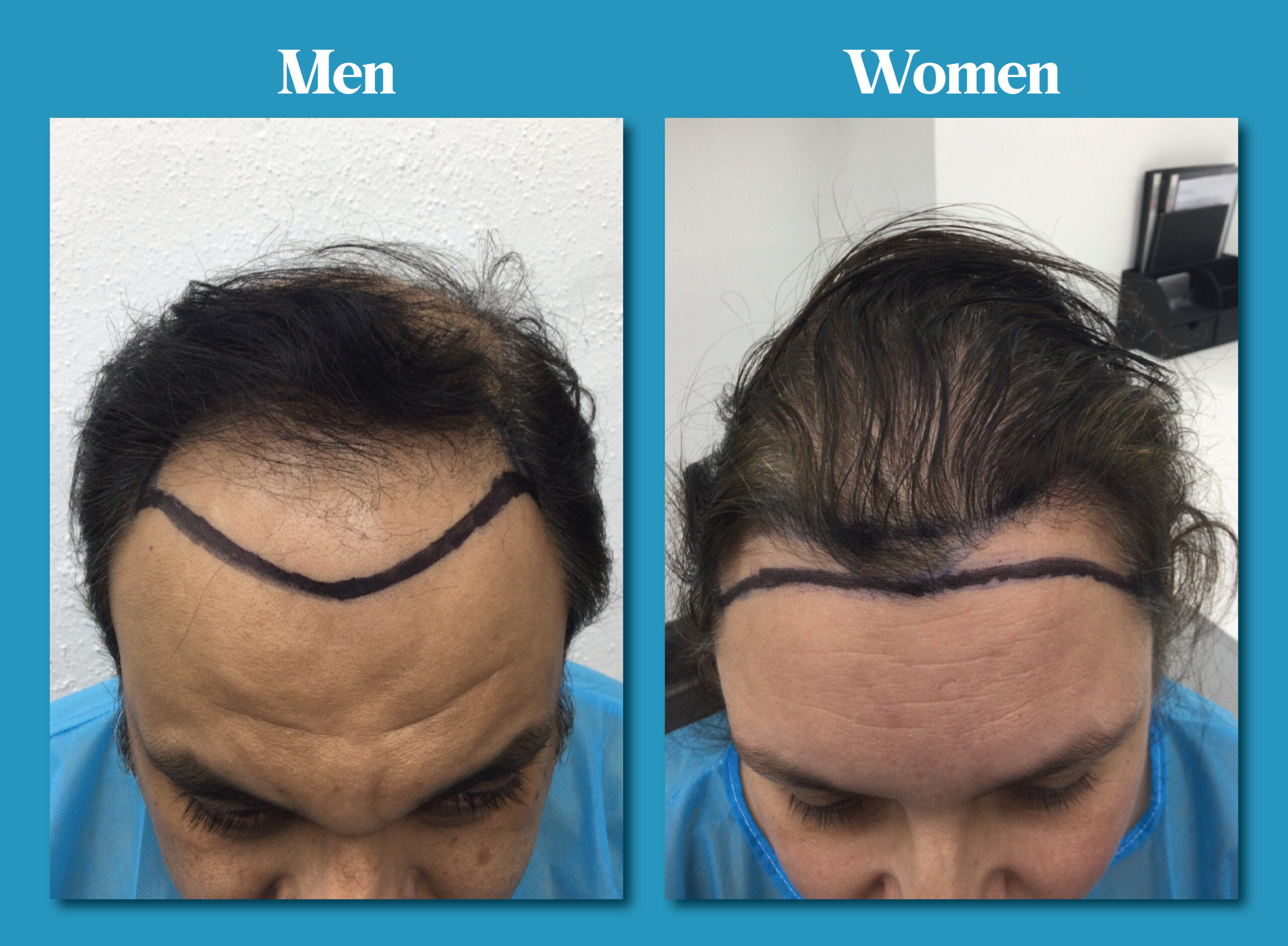
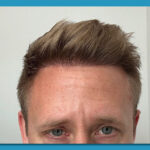
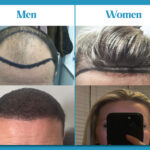
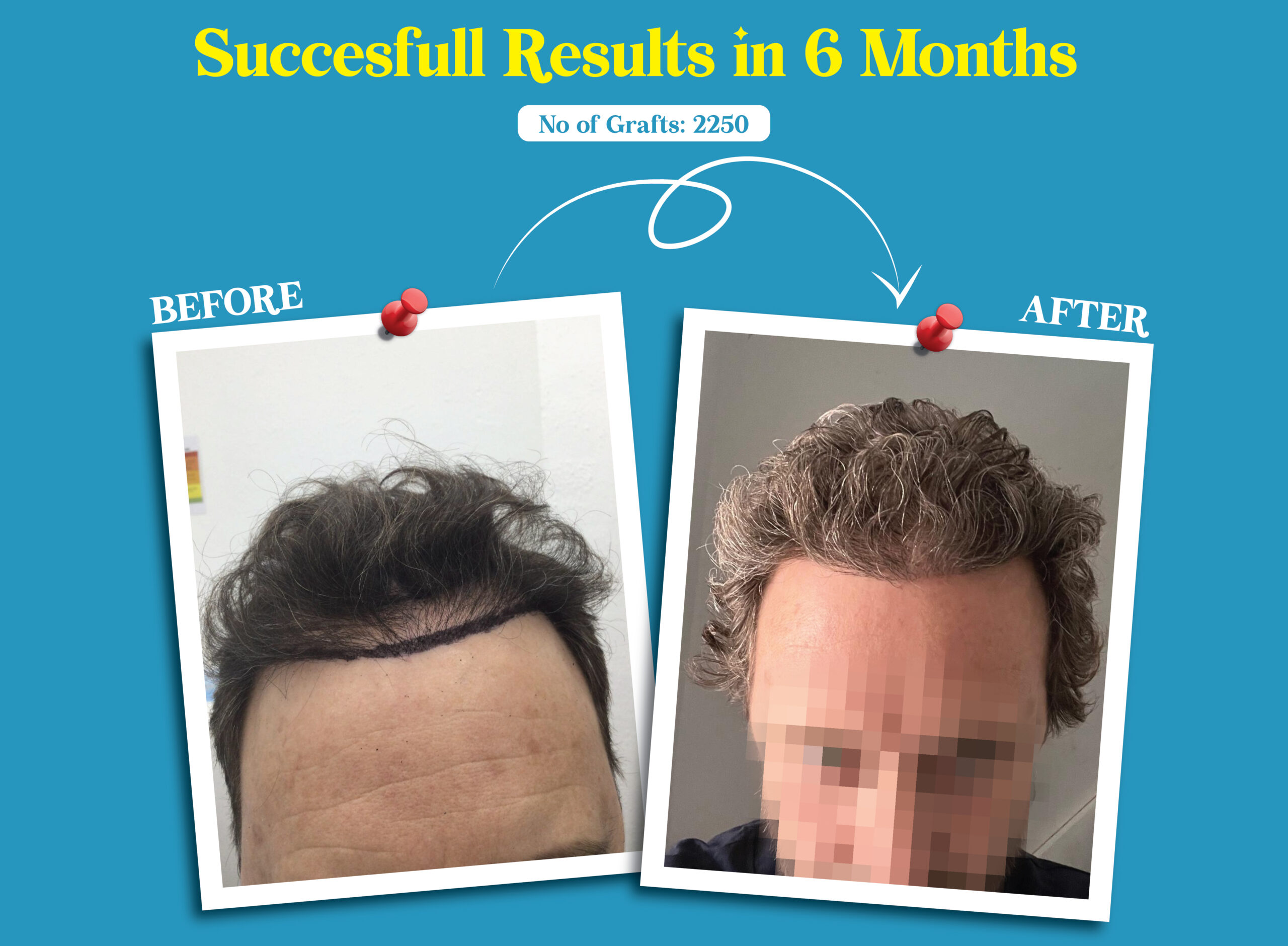
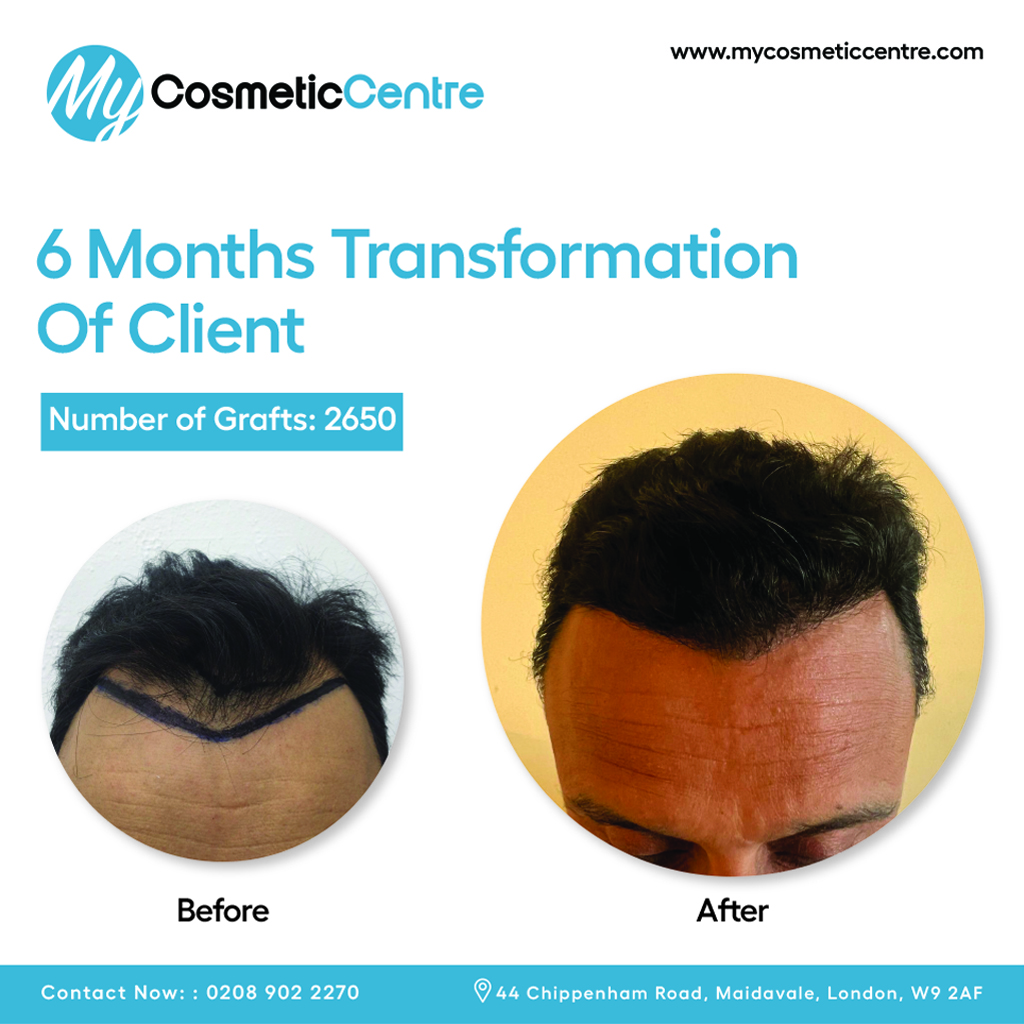
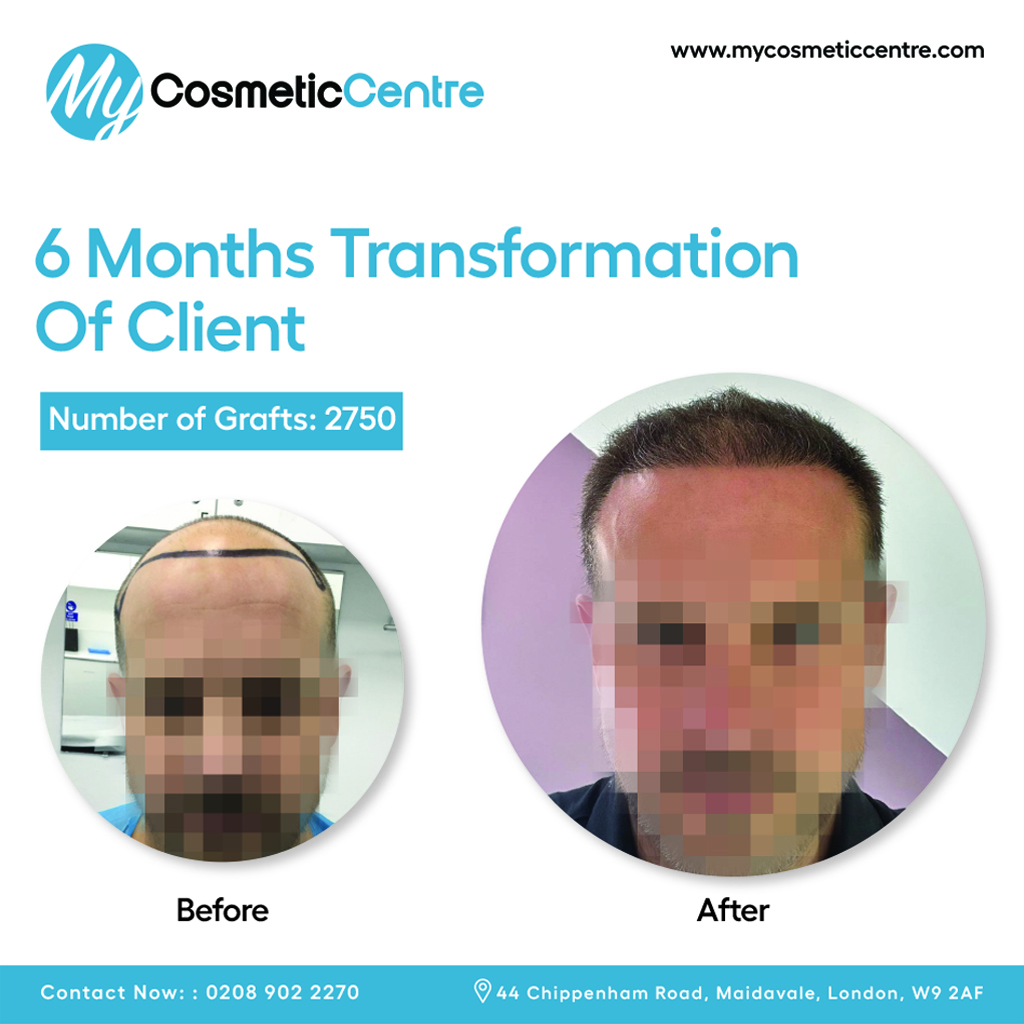
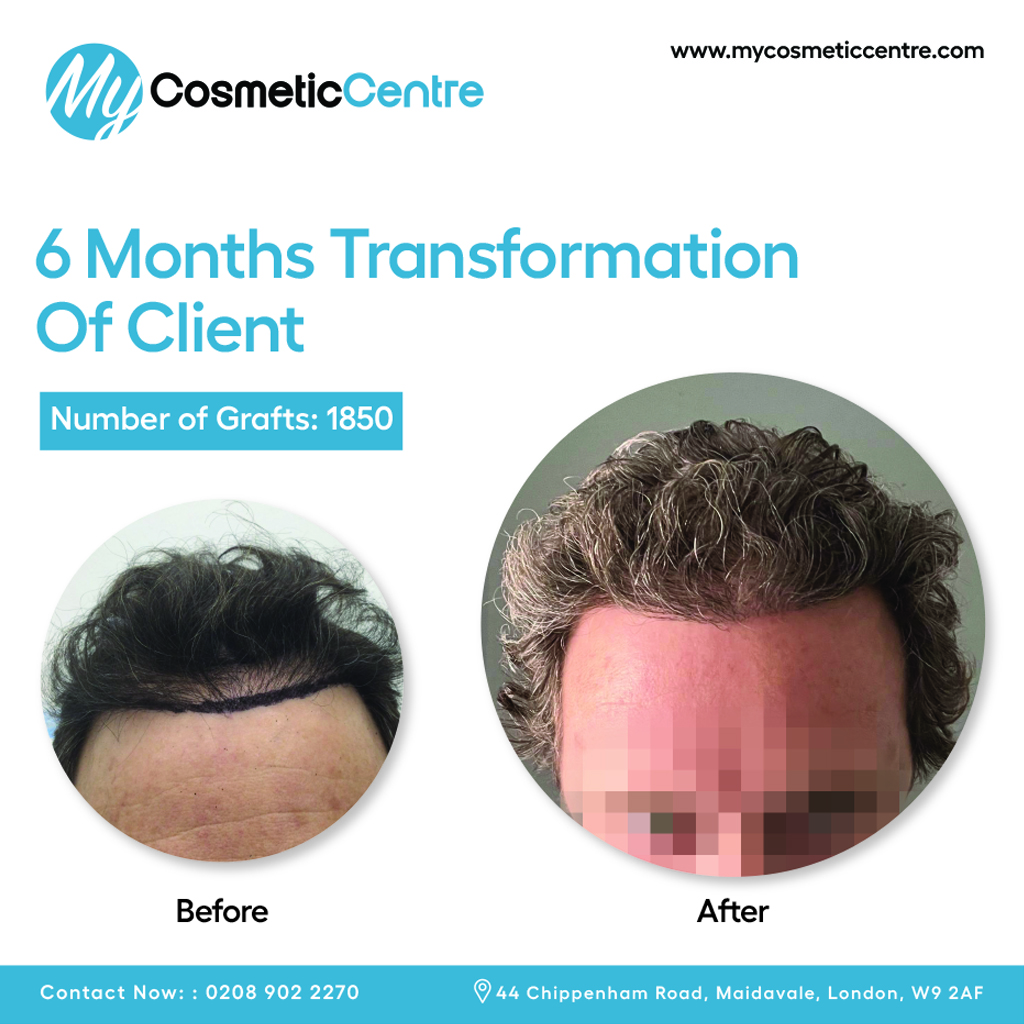
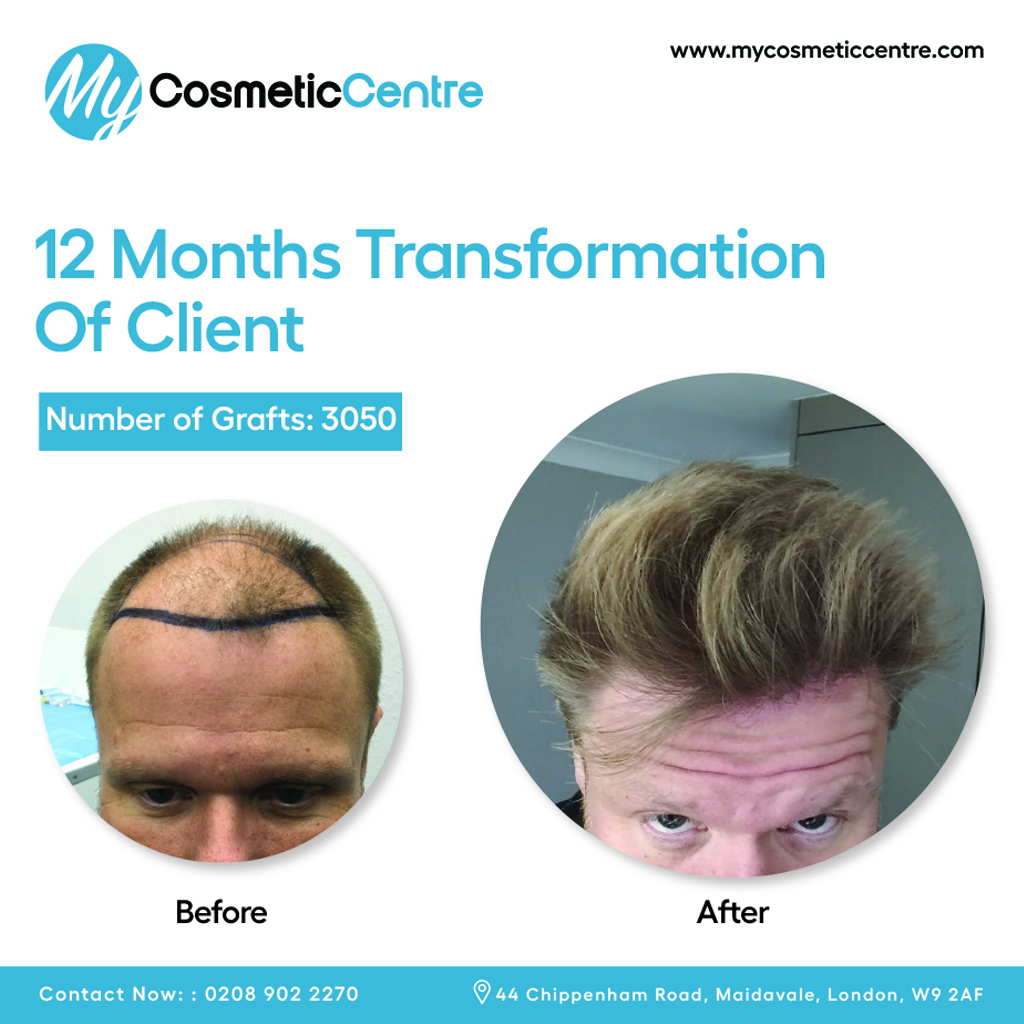
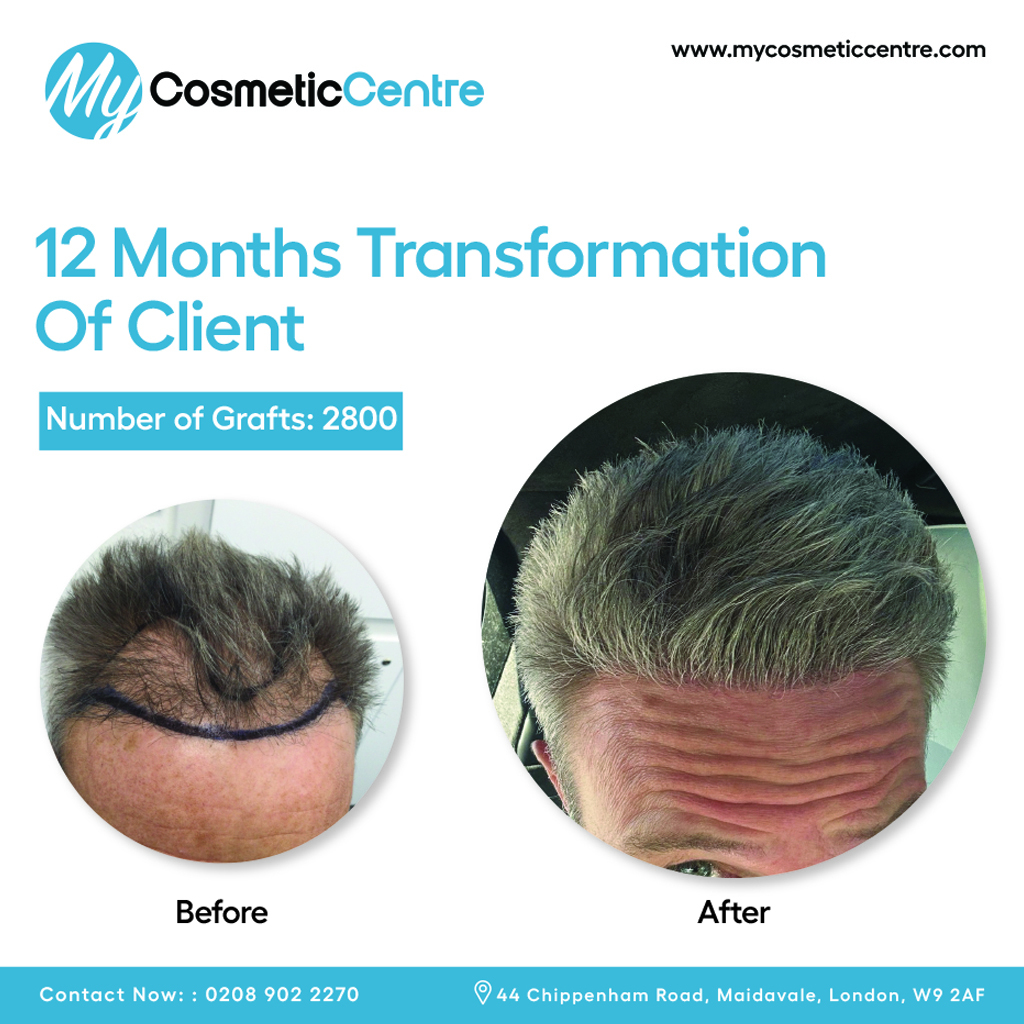
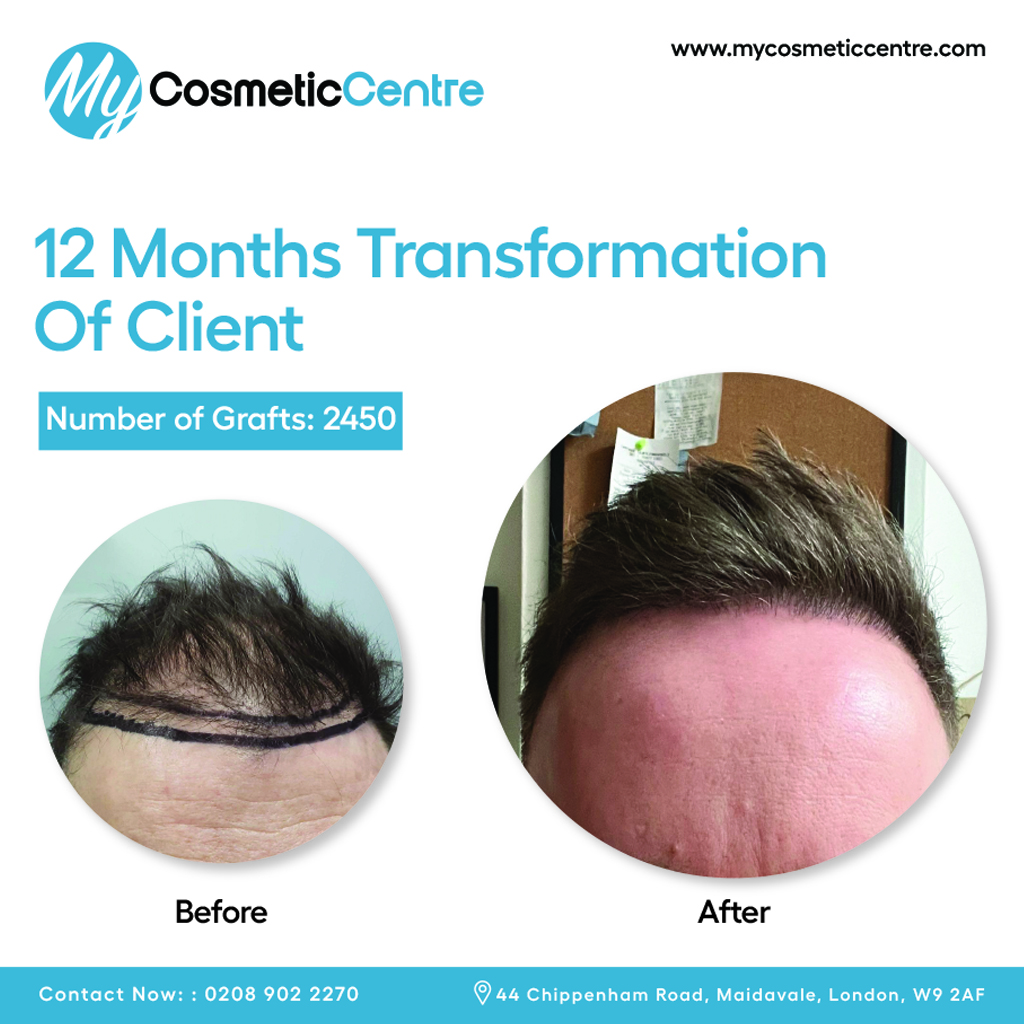
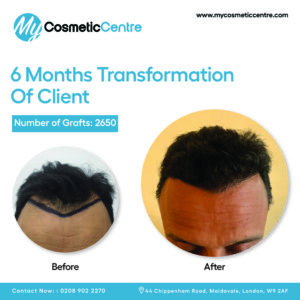


Comments
adamgordon
Wow, cool post, thanks for sharing.
miaqueen
Thanks for sharing this information is useful for us.